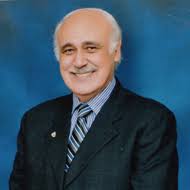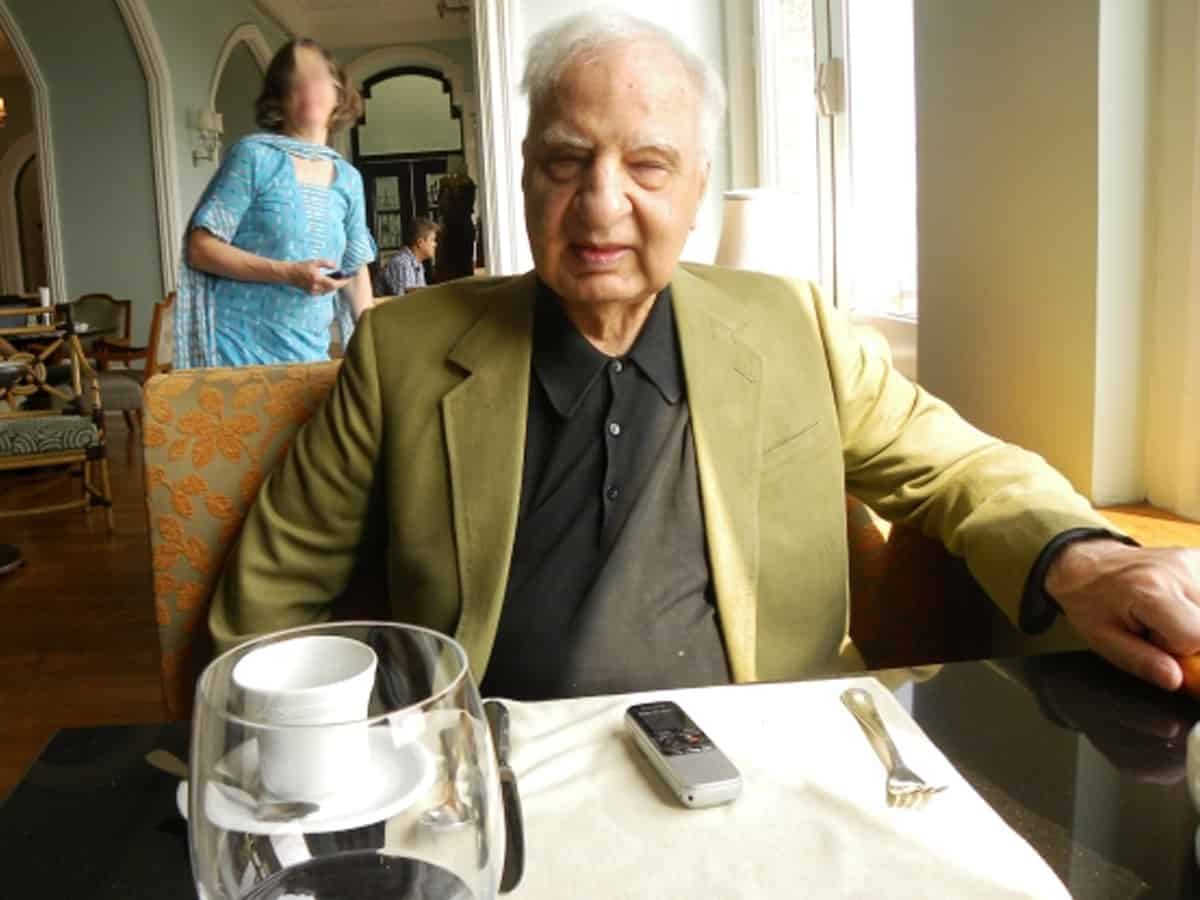
To Lahoris, Sheranwala is one of the twelve gates that led into the ancient walled city. To New Yorkers, it was the portal through which they were admitted into the mind of the gifted writer Ved Mehta.
Ved was born in Lahore in March 1934. He died in New York on 9 January 2021. In his benighted youth, Ved attended the then Emerson School of the Blind located near Sheranwala Gate. The scars from the callousness of insensitive teachers had healed by the time he migrated to India in 1947. The lesions on his psyche remained.
Determined to do more with his life than threading cane chairs or playing a musical instrument, he moved to the United States at the age of fifteen. There, at Arkansas School for the Blind, in Little Rock, he learned to compensate for the loss of one of his senses by refining the other four.
Ved refused to accept disability as unconquerable. He mastered the skill of walking without a cane, relying on the air pressure on the follicles on his cheeks to detect changes in his surroundings. He studied at Balliol College, Oxford, and then at Harvard.
In 1960, at the age of twenty-six, he joined The New Yorker magazine. There, for the next thirty years or so, under the mentorship of its editor William Shawn, Ved contributed carefully crafted pieces on diverse subjects such as politics, philosophy, theology, and biography. An inexhaustible source remained the wellspring of his own past, from which he drew material for his familial books such as Delinquent Chacha, Daddyji and Mamaji.
By the time my wife Shahnaz and I first met Ved in the summer of 1978 in New Delhi, we had read almost every book he had written until then – his haunting memoir Face to Face (1957), Walking the Indian Streets (1959) – his version of a trip to India with the poet Dom Moraes, his masterly canvas Portrait of India (1970), and his subtle expose of Mahatma Gandhi and His Apostles (1977).
We asked our common publisher Ravi Dayal (then MD of Oxford University Press, India) if he could arrange a meeting. Ravi organised a dinner at his Sujan Singh Park flat. India was experiencing power outages in those days and so all too frequently we would be plunged into humid darkness. Just when it was time to leave, the lights failed yet again. Suddenly, Ved was in his element. He grasped Shahnaz’s arm and steered her through the furniture to the main door.
The following year, Ved came to Lahore. Shahnaz and I took him to his father’s former house 11 Temple Road, allotted to two sisters of Dr Mubashir Hasan. It took some coaxing to get them to agree to Ved’s visit. They suspected he had come to reclaim the property. As Ved revisited each area – the front drawing room, what had once been his parents’ room, the bedroom he shared with his brother Om, the kitchen, the rooftop where he flew kites – it became clear that Ved had come to reclaim not property but his childhood.
Part of that childhood had been spent in Rawalpindi, where Ved ‘s father Dr Amolak Ram Mehta had been posted by his parent organisation, the Indian Health Department. Ved had an unclear idea of the house his family had lived in, other than it was behind the large house owned by Sardar Bahadur Mohan Singh. That palatial mansion we knew had become the Presidency.
After a number of false turns along Sarwar Road, we drove into a gate that led past a new house that had been built quite obviously in someone’s front garden. Suddenly, the old house came into view. Ved alighted, stepped on the gravel and said: ‘This is it. This the house.’ He described the layout of the interior and showed us the place where, without guidance, he had re-assembled a broken bicycle so that he could ride it on his own, unaided.
After 1979, our subsequent meetings with Ved and his wife Linn Cary (they married in 1983) took place in their commodious and welcoming apartment in Manhattan’s prestigious 79th Street. Our friendship cascaded into the next generation when his daughter Sage came to stay with us in Lahore, and into yet another when she and her husband Michael became parents of twin daughters whom we have watched grow.
Over the years, Ved and I exchanged our most recent publications. We wrote to each other in English but conversed (company permitting) in Punjabi, for Ved never lost his kinship with Punjabiat.
With his passing, New York has lost one of its notable adopted sons and Lahore its neglected son. Lahore’s loss is twice over – once in August 1947 and now again in January 2021.
Fakir S Aijazuddin is a noted thinker and columnist of Pakistan

